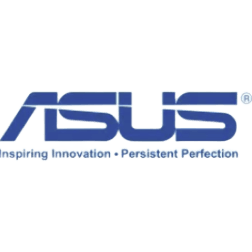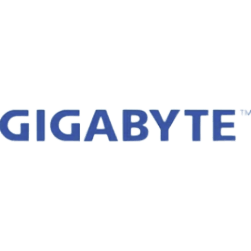
What's the best choice GIGABYTE Radeon RX 6900 XT 16G or ASUS Radeon VII? Which graphics card is faster?
We have prepared a comparison to help you choose the best graphics card. Compare their specifications and benchmarks.
GIGABYTE Radeon RX 6900 XT 16G has a maximum frequency of 1.825 GHz. Memory size 16 GB. Memory type GDDR6. Released in Q2/2021.
ASUS Radeon VII has a maximum frequency of 1.400 GHz. Memory size 16 GB. Memory type HBM2. Released in Q1/2019.
 Reasons to consider
Reasons to consider Place in the overall ranking
(based on several benchmarks)
Higher clock speed
Around 23% better clock speed
Common positions GIGABYTE Radeon RX 6900 XT 16G GPU in popular benchmarks, for comparison with other models.
 Reasons to consider
Reasons to consider Place in the overall ranking
(based on several benchmarks)
Common positions ASUS Radeon VII GPU in popular benchmarks, for comparison with other models.
 GIGABYTE Radeon RX 6900 XT 16G
GIGABYTE Radeon RX 6900 XT 16G

Comparison of basic technical data of graphics cards GIGABYTE Radeon RX 6900 XT 16G and ASUS Radeon VII, chip, information processing units.
Comparison of the amount of memory on board graphics cards. The more the better.
Let's compare the memory frequency of graphics cards GIGABYTE Radeon RX 6900 XT 16G and ASUS Radeon VII. The higher the better.
Connectors, the number of thermal watts emitted in normal mode and at overclocking.
Types and sizes of coolers for graphics card cooling system GIGABYTE Radeon RX 6900 XT 16G and ASUS Radeon VII.
Connectivity and connections.
Technical data that is used to its full potential in computer games.
Built-in support for video and image compression standards.
The difference in size, weight and slot of the compared devices
Comparison of interfaces and release dates for GPU ASUS Radeon VII and GIGABYTE Radeon RX 6900 XT 16G.
Based on the results of several popular benchmarks, you can more accurately estimate the performance difference between GIGABYTE Radeon RX 6900 XT 16G and ASUS Radeon VII.
Compare synthetic benchmarks and choose the best graphics card for you!